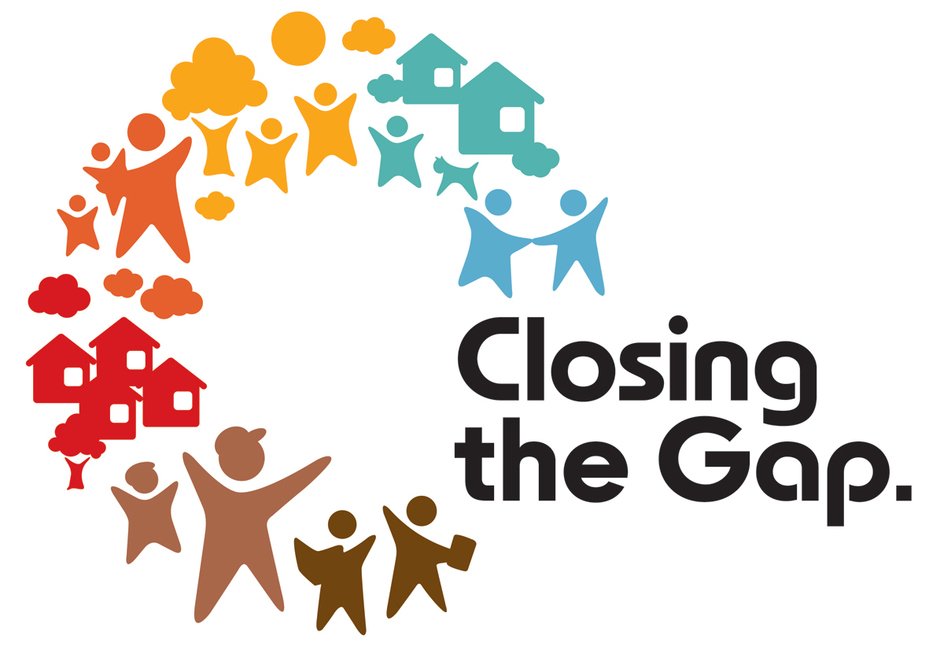Pupil Premium
 The Pupil Premium is a sum of money the school receives for each student who is either in receipt of Free School Meals (FSM) or who has been in receipt of them in the past. We also receive money to support students from service families and those who are looked after outside of their families.
The Pupil Premium is a sum of money the school receives for each student who is either in receipt of Free School Meals (FSM) or who has been in receipt of them in the past. We also receive money to support students from service families and those who are looked after outside of their families.
Nationally, statistics show that students from these groups tend to do less well than their peers in public examinations and so the aim of this money is to try to close that attainment gap.
Winterbourne Academy views the needs of all students as important and we strive to create the best opportunities and experiences for every single student at the school. Students in receipt of free school meals are entitled to support and funding for a variety of school trips and visits during the year. In addition to the Pupil Premium grant, the school provides financial support for students from lower income families through our Hardship Fund.
Learn more about financial assistance available and how to apply here.
What do we spend the Pupil Premium grant on?
This is our 2025-26 Pupil Premium Strategy Statement.
We use the grant on the individual needs of students as they require them, and to fund or part-fund the areas shown below. This list is not exhaustive as the needs of students change over the academic year. Individual students receive different aspects of the support outlined below according to their individual needs.
- Educational resources and equipment for students, for example, textbooks, revision guides and ICT access.
- Additional support with literacy and numeracy.
- Increased Teaching Assistant support.
- Assistance with the cost of curriculum trips, subject-related activities and other school trips.
- Staffing costs for additional academic and wellbeing support, including an Academic Learning Mentor and Home School Liaison Outreach Worker.
- Individual and group mentoring.
- Uniform support for individual students.
- Support with other opportunities and events to enhance and complement learning, for example, music lessons, sports activities, Further and Higher Education ‘taster’ experiences and cultural visits.
- An increase in teaching time in English and Maths and a reduction of class sizes.




